Billy Talent's Ian D'Sa: the 10 records that changed my life
Hardcore heroes, classic rockers and grunge titans
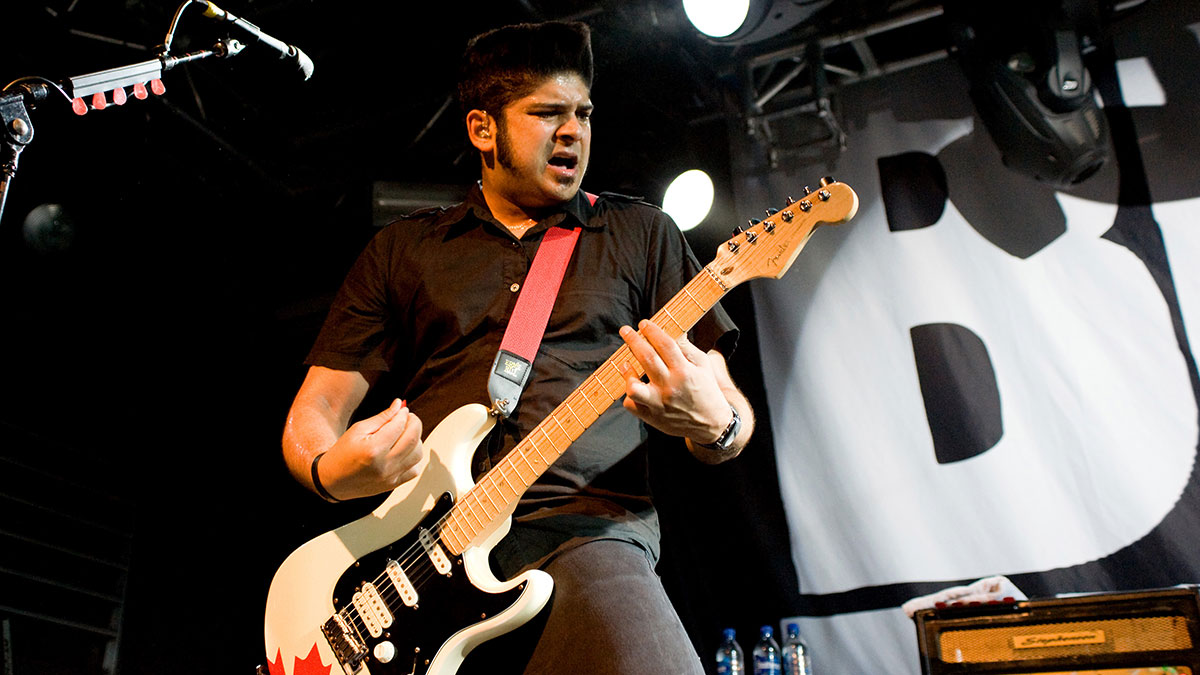
Introduction
As he discusses the 10 records that changed his life, we would have forgiven Billy Talent’s Ian D’Sa for nominating his own band’s latest album (he didn’t).
While such a choice may have seemed a tad arrogant, it would have been fully merited. Not only is Afraid Of Heights the Talent’s strongest record to date, it was also made in the most difficult of circumstances as drummer Aaron Solowoniuk suffered an MS relapse.
That meant that he had to be replaced by Alexisonfire’s Jordan Hastings, and Ian is honest in his assessment of hitting the studio without founder member Aaron.
This album was a big change for us; not having Aaron there was something we had to adapt to
“This album was a big change for us; not having Aaron there was something we had to adapt to,” says Ian.
“Usually, I program the drums first so the parts were there and Aaron had learned the songs. We were about to go into the studio when he had his MS relapse.
“It was one of the hardest times for our band. We kept pushing the recording date back, but it became apparent that he wasn’t going to get better for some time, and we had to make the decision to have Jordan step in to record and tour with us.”
It was one of the hardest times for our band
Jordan also joined the band out on the road (their tour hits Canada, Australia and Japan this summer before stopping off in the US and the UK in the autumn), and again, Ian admits that it has been a challenge.
“We’re missing Aaron," he says. "When I go on tour, I feel like I’m missing a limb. It’s great to come home and see how he’s progressing.
"It was a dynamic change - every drummer has his own sound and DNA that contributes to the band. Because Jordan has known us for so long and because he knows Aaron’s style he could really pull it off.”
Pull it off he has, with Jordan doing a sterling job on the road, but first and foremost on Afraid Of Heights. And while that long-player didn’t make it onto Ian’s top 10, he had some absolute belters to share with us when discussing the records that changed his life.
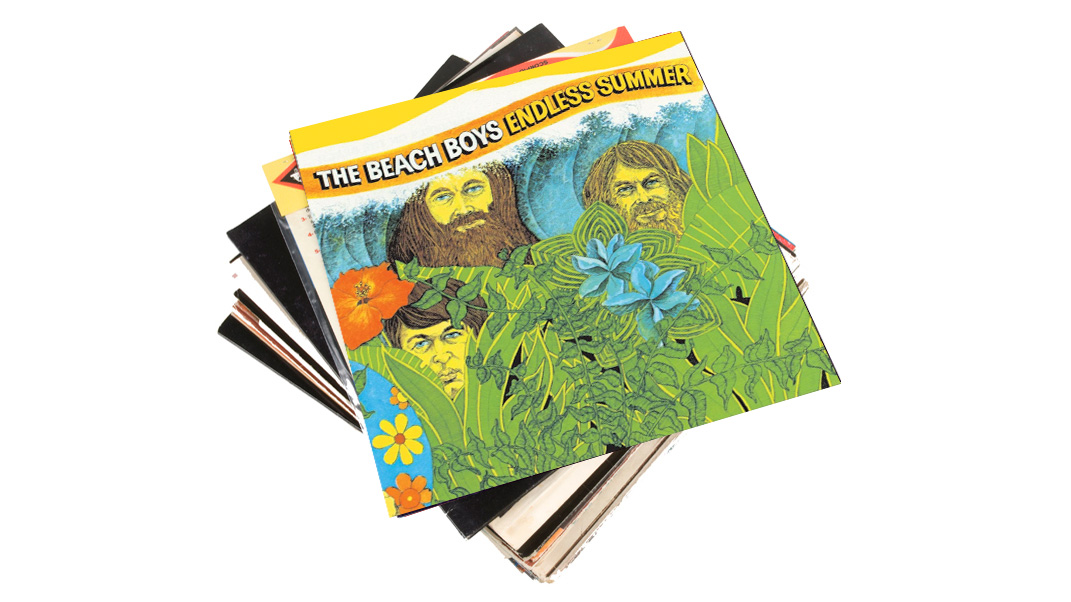
1. The Beach Boys - Endless Summer (1974)
"Listening to this album was a masterclass in vocal harmonies when I was a kid. It is such an amazing record.
"Every song is, like, two minutes long, but they have these incredible vocal harmony sections to them. But as well they were super-poppy.
Just a few days ago I went to see Brian Wilson performing Pet Sounds - that was mind-blowing
"I would later realise that bands from the '70s like the Ramones were hugely influenced by the Beach Boys.
"This album was a compilation, but it made a huge impression on me, so much so that I did a grade 6 project on California Girls.
"Just a few days ago I went to see Brian Wilson performing Pet Sounds - that was mind-blowing. He is one of the most genius songwriters of all time and a huge influence on me."
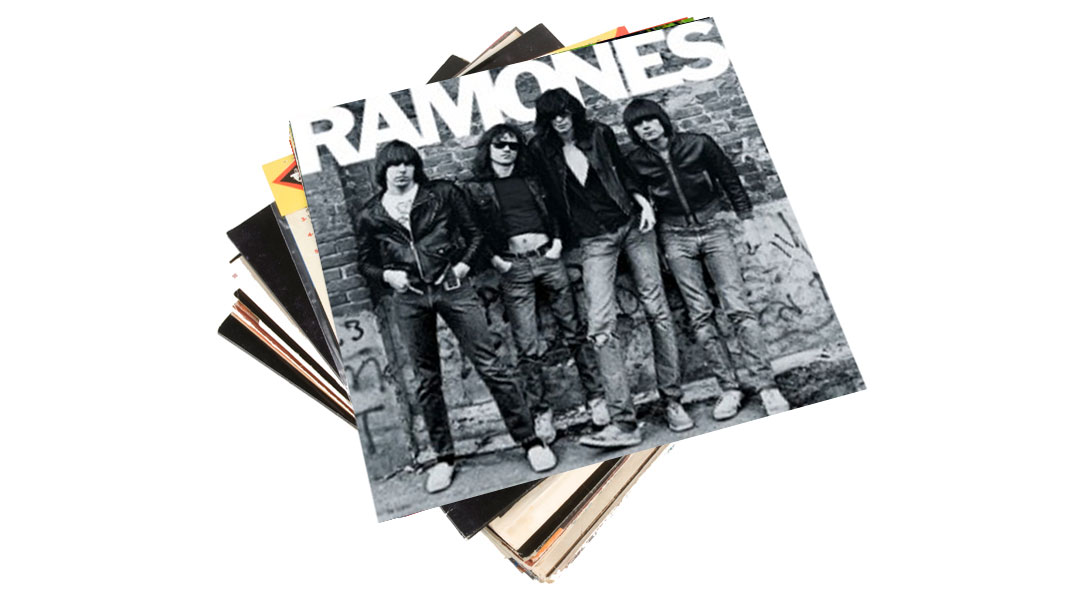
2. The Ramones - Ramones (1976)
“The first Ramones record was the first record I purchased with my own money.
“It was almost like listening to that Beach Boys record, but it was done with loud, trashy, heavy guitars. It was the same thing, though: these great two-minute songs. The style didn’t change throughout the record.
“I loved they had a song called I Wanna Be Your Boyfriend - this sentimental song but they didn’t change the sound; it was still trashy guitar but just with the tempo slowed.
"That record is so consistent from front to back, and it pulled me into punk-rock.”
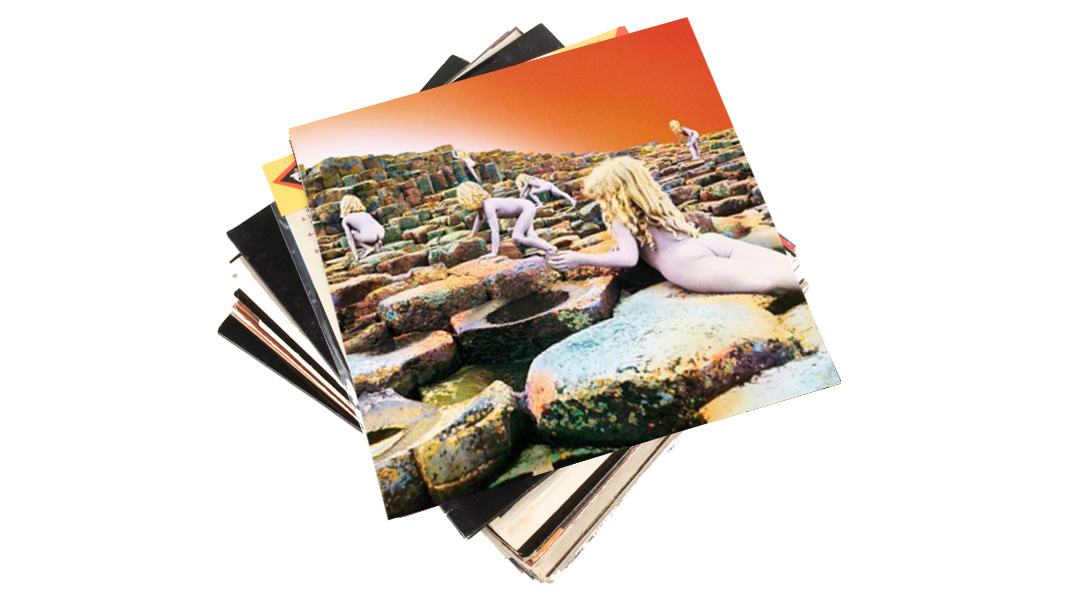
3. Led Zeppelin - Houses Of The Holy (1973)
“My brother had every Zeppelin record and would play this record all the time, and I fell in love with it.
“The guitar work and the rhythms were incredible. D’yer Mak’er had a reggae feel, The Ocean was incredible and it pulled me in. There was also the bombastic sound of John Bonham’s drumming.
“It quickly became my go-to rock album right before I went to high school. Then, by the time I got to about 13, I got into guitar because I wanted to be cool like Jimmy Page.”
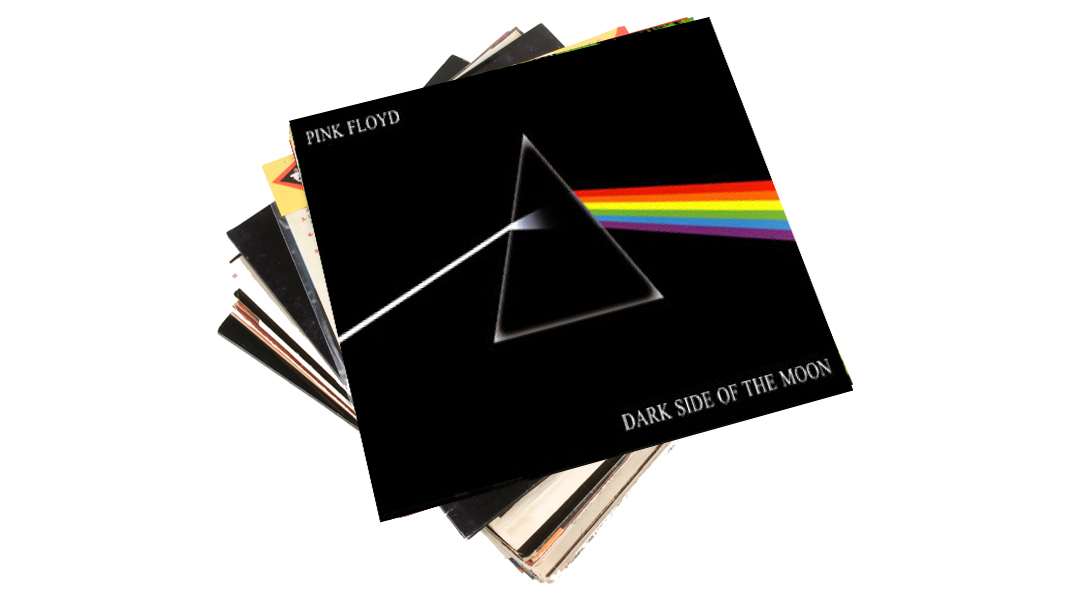
4. Pink Floyd - The Dark Side Of The Moon (1973)
“That was the dark side to my Led Zeppelin records. I love Breathe and On The Run with the weird synthesizer. I had never heard sounds like that before.
“I love that every song was a theme of the human condition, in a way. It had a huge impact on me. That was such a big album.
“I didn’t hear it until the '80s, and it was still in the charts even though it came out in 1973. That was a life-changing record for me.”
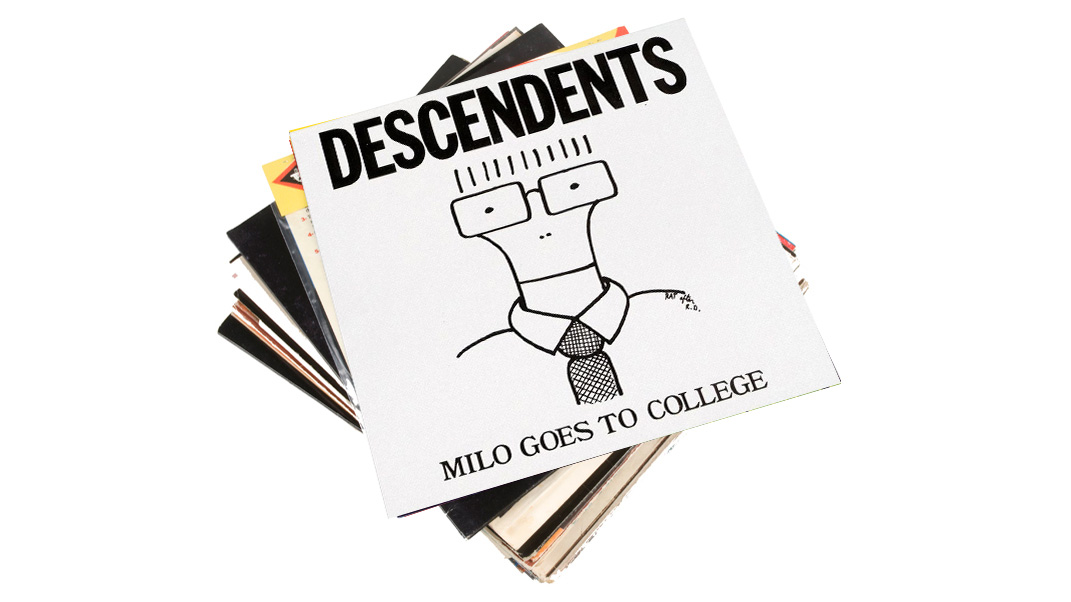
5. The Descendents - Milo Goes To College (1982)
“When I first started high school, I met a bunch of friends who were into skateboarding. One of my buddies lent me Milo Goes To College.
“I had been listening to classic rock, and the only punk band I had heard up until then was the Ramones.
They were the nerds of punk-rock and that was how I felt
“When I heard Milo Goes To College, I immediately identified with it as I was living with my parents, and that was what the Descendents talked about with songs like Suburban Home and Parents and Hope and I’m Not A Loser. It was a great feeling.
“They were the nerds of punk-rock and that was how I felt - at grade nine, I was a total nerd, so that resonated with me.”
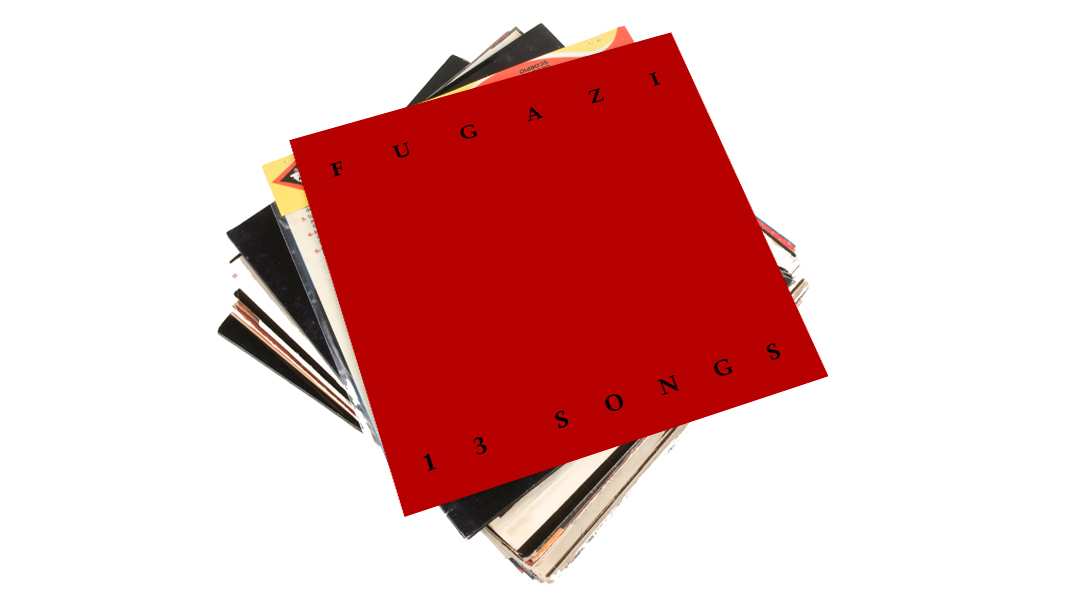
6. Fugazi - 13 Songs (1989)
“That same friend who lent me Milo Goes To College also lent me 13 Songs by Fugazi. That was a good friend.
“I had heard Black Flag, Minor Threat and a lot of '80s US hardcore, and when I heard this record it was totally new but had those punk elements intertwined with other elements, and it was performance-based.
“It wasn’t about the songwriting as a whole, but it was about lyrics and performance-based art. You can see that with songs like Waiting Room. That record made me realise that it’s not always about perfectly crafted pop songs; the performance is also a big part of it.”
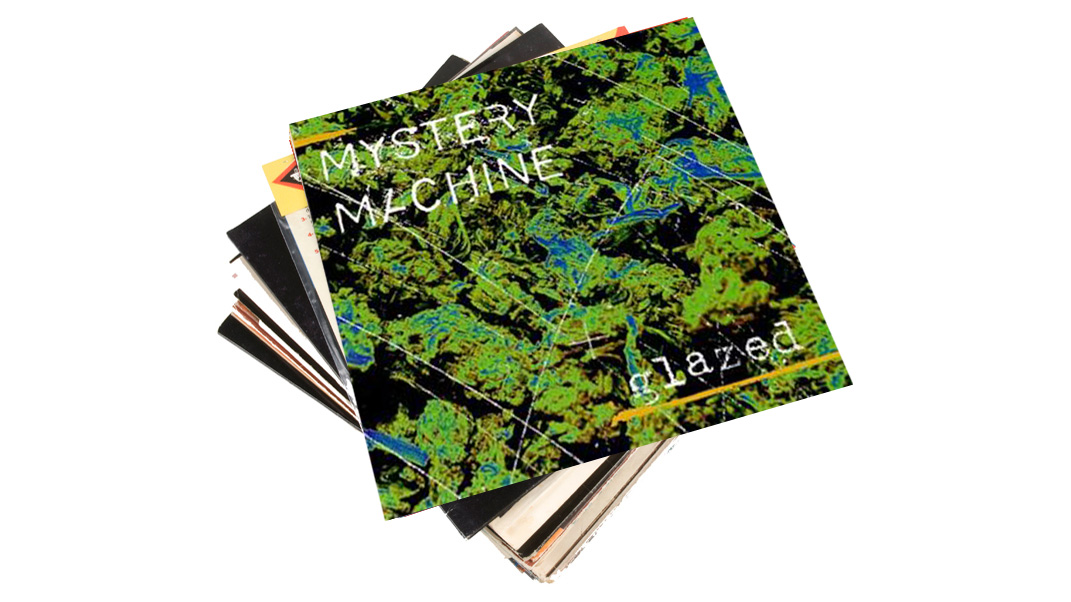
7. Mystery Machine - Glazed (1993)
“Mystery Machine are a band from Vancouver. They weren’t that big, but they had this album Glazed that I had on repeat in my first car’s tape player for two years.
“It came out in the grunge era, and the musicianship on it was phenomenal. It was cutting-edge and had starts and stops and angularity to it that I hadn’t really ever heard before in music.
It showed me that if they could do this cool music and tour, then I could do the same
“This helped show me that there was a Canadian band doing something cool, rather than just the big pop stuff.
“It showed me that if they could do this cool music and tour, then I could do the same.”
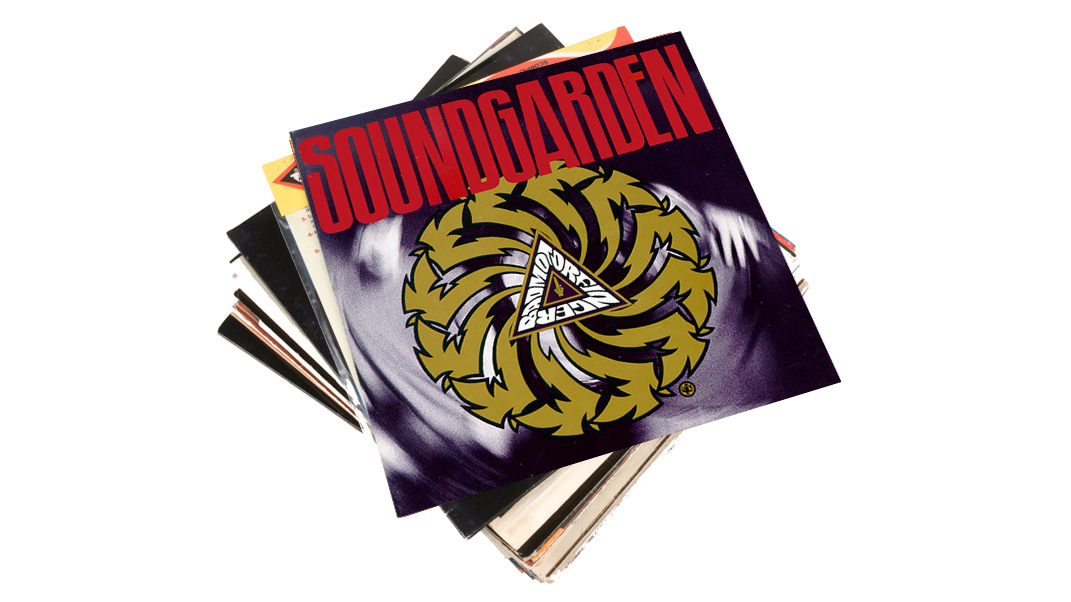
8. Soundgarden - Badmotorfinger (1991)
“That was a huge record for me. It came around at the time when grunge was big.
“I loved Pearl Jam and Nirvana, but this record was so different. The guitar work and drumming was insane, and Chris Cornell’s vocal range was beyond any of his peers.
That was the record that made me want to form my first band which, funnily enough, we named Dragon Flower
“They incorporated different time signatures into their music as well, and I hadn’t really heard that before at the time.
“That was the record that made me want to form my first band which, funnily enough, we named Dragon Flower. We put on posters, ‘In every Sound Garden, there’s a Dragon Flower.’ I know, that’s pretty lame! [laughs]”
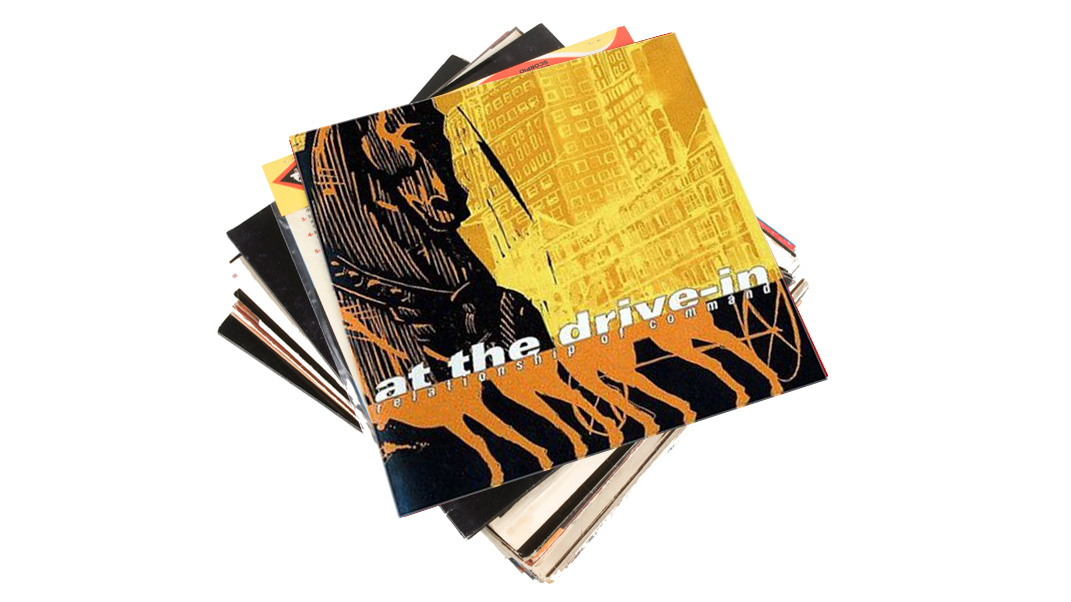
9. At The Drive-In - Relationship Of Command (2000)
“I moved to Montreal and heard this record from a friend. I couldn’t believe it.
“I thought punk had gotten stale and I thought Fugazi were the last inventive punk band. Then I heard this, and it was on another level.
“The musicianship was incredible, and it had the urgency and aggression of all of my favourite punk bands. That record from front to back was incredible.”
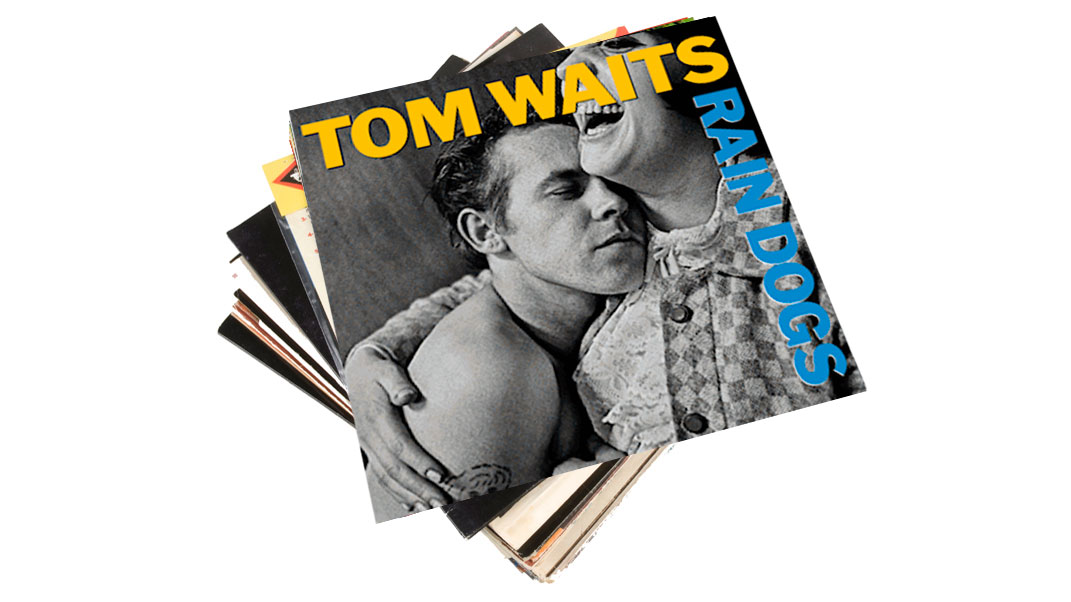
10. Tom Waits - Rain Dogs (1985)
“This record came out in the '80s, and it just coloured outside of the lines on so many levels that it probably wasn’t appreciated right away.
“It still stands up to the test of time today as a piece of artwork. It’s timeless. Jockey Full Of Bourbon is one of my favourite songs of all time. I love the narrative that runs through the record.
“It has songs about being away from home and almost like being a pirate, which is probably how he felt at the time touring the world.”
Rich is a teacher, one time Rhythm staff writer and experienced freelance journalist who has interviewed countless revered musicians, engineers, producers and stars for the our world-leading music making portfolio, including such titles as Rhythm, Total Guitar, Guitarist, Guitar World, and MusicRadar. His victims include such luminaries as Ice T, Mark Guilani and Jamie Oliver (the drumming one).
